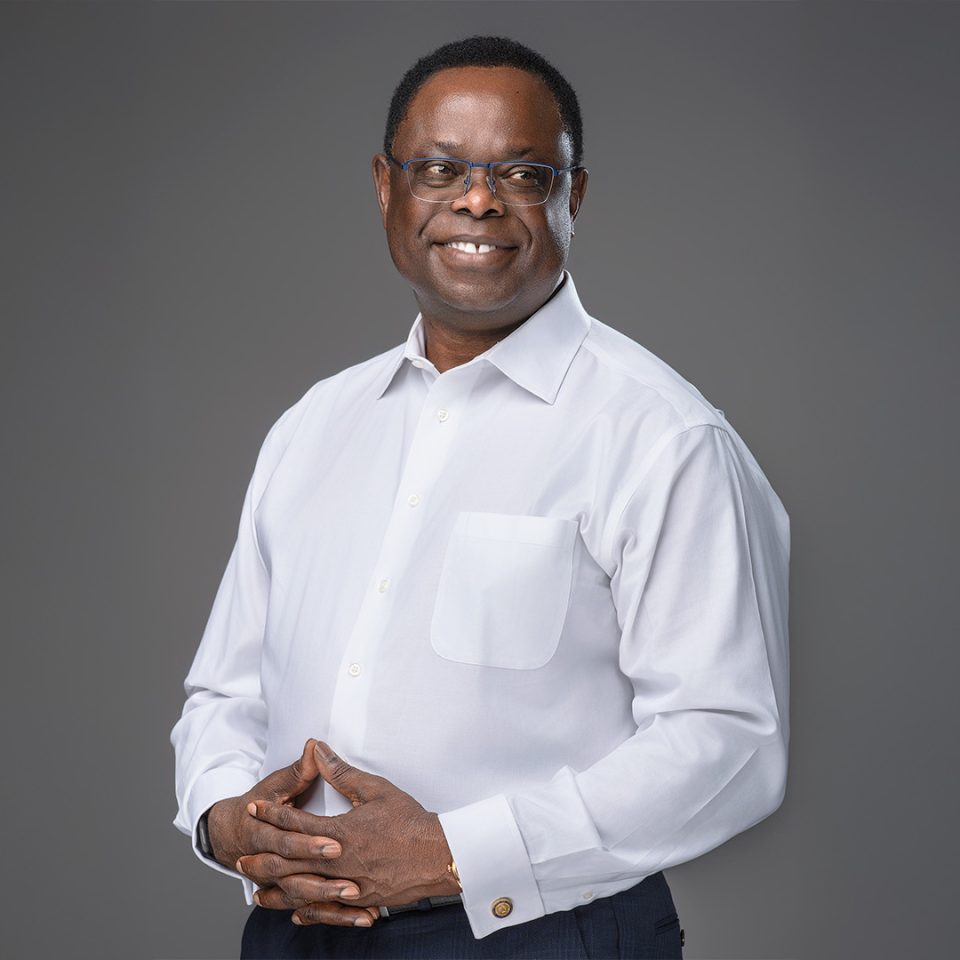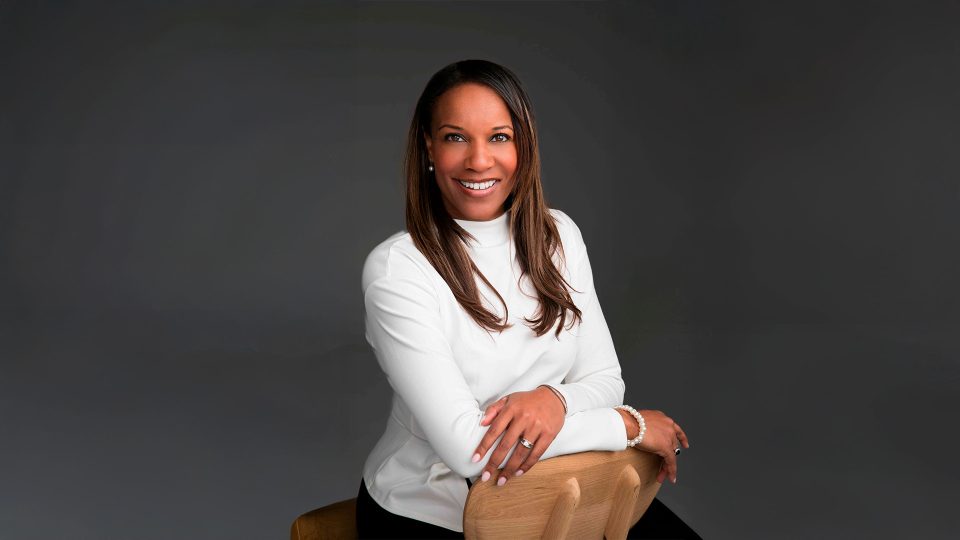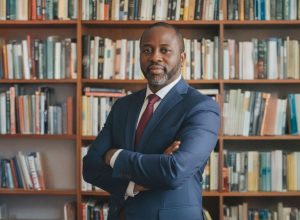Multi-billion-dollar projects often fail for reasons that never appear on budget reports. Money matters, but the real obstacles are usually the issues no one wants to raise in a board meeting. Akin Oni has spent decades inside these mega projects and knows what truly makes them succeed. As Senior Project Executive and Managing Partner at Eftex Group, he has spent more than thirty years watching billion-dollar deals rise or fall on the factors most people overlook.
Building Trust Behind Mega Projects
Forget everything you think you know about project management. Oni learned this lesson by watching technically flawless projects collapse while others with fewer resources managed to succeed. “The real currency behind every successful multi-billion-dollar initiative isn’t just capital, it’s trust,” he says. This is not motivational fluff. When you are managing oil, gas, LNG, refining, mining, and infrastructure projects across continents, trust becomes the lifeline. Teams without it spend more energy protecting themselves than pushing forward. Projects built on trust, however, can withstand almost anything.
Leading Teams Under High Pressure
Many executives assume leadership means being the smartest person in the room. Oni sees it differently. “On mega projects, leadership isn’t a title. It’s a force multiplier,” he explains. The difference becomes clear when challenges arise, as they always do on large-scale initiatives. Real leaders don’t simply issue orders under pressure. “It’s about making complex decisions with clarity and calm, especially when the stakes are high,” he says. The real breakthrough comes when leaders move beyond managing tasks. “The best leaders create an environment where people feel safe to speak up, challenge ideas, and bring their best thinking to the table,” Oni notes. That is the moment when a project shifts from being managed to being truly led.
Measuring Integrity in Every Decision
Budgets, timelines, and resources can be tracked down to the penny. Integrity cannot be measured on a spreadsheet, yet Oni calls it the invisible element that holds everything together. “Integrity might be invisible, but it is the backbone of everything we build,” he says. This becomes especially clear on global mega projects. When billions are at stake and the world is watching, integrity is no longer optional. “In global projects, where billions are at stake, integrity isn’t a virtue, it’s a requirement,” Oni explains. It shows up in how procurement is handled, in the partnerships you build, and in the difficult conversations most people try to avoid. “From procurement to partnerships, transparency ensures decisions are defensible, teams are aligned, and stakeholders remain confident.”
Shaping Culture for Project Success
Technical skills may get you hired, but culture determines whether a project ever crosses the finish line. Oni has witnessed this countless times. “I’ve seen it again and again. Teams that operate with mutual respect, psychological safety, and shared accountability outperform technically superior groups.” The real test, he notes, comes when no one is looking over your shoulder. “Culture doesn’t just shape how work gets done. It defines whether people go the extra mile when no one is watching.” Those extra miles add up over months of grinding through complex problems. “That’s where real trust capital is built.”
Theory, however, only goes so far. Oni will explore these ideas in depth at Project Controls USA, taking place October 6 to 8, 2025, in Washington, DC. His session, The Trust Capital of Mega Projects, will focus on what truly makes large-scale initiatives succeed. And he promises it will not be another slide-heavy presentation. “You’ll hear real stories from the job site to the boardroom, along with practical frameworks to lead ethically and deliver under pressure.” Spreadsheets do not build mega projects. People do. Oni’s message cuts through the jargon: “Mega projects don’t rise on spreadsheets, they rise on trust.” Those so-called soft skills everyone mentions are anything but soft when billions are on the line. “Leadership, integrity, and culture are not just soft skills. They are strategic assets.” The path forward, he argues, is straightforward but not easy. “If we want sustainable, successful outcomes, we must invest in the human side of delivery. Let’s build projects where trust isn’t an afterthought, it’s the foundation.” Simple advice, but harder to execute than most executives want to admit.
Connect with Akin Oni on LinkedIn or here to explore more insights on global mega projects.











